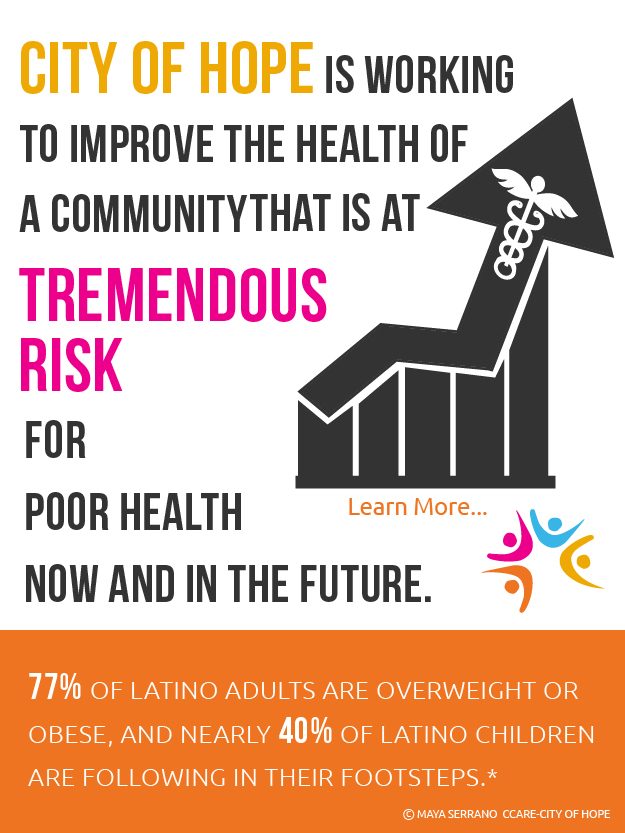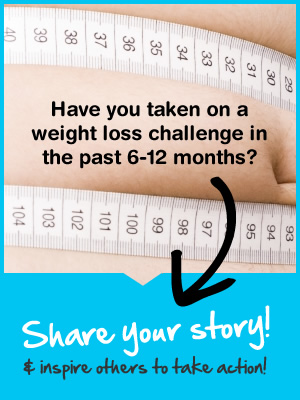
War Against Sugar Is Growing Among Blacks and Latinos
09/23/2013 08:35PM | 9201 viewsState and local governments are increasingly stepping in to stop the rampant consumption of soda and candy that is leading to obesity and health disparities. Evidence continues to point to sugar as the culprit, and government intervention may eventually help push soda the way of cigarettes. But the powerful food lobby—like the tobacco lobby—is pushing back with a heavy hand.
Massachusetts Governor Deval Patrick last week proposed taxing soda and candy, the latest state leader to do so. About a third of Massachusetts children and 58 percent of residents are either overweight or obese. A similar proposal last year was unsuccessful.
South Carolina Governor Nikki Haley wants to seek a waiver from the federal government to prohibit food stamps from being used for unhealthy foods like soda, candy and chips. South Carolina has the eighth highest rate of obesity in the country and is one of only two states that does not categorize obesity as a disease under Medicaid.
Florida State Senator Ronda Storms introduced similar legislation last year and was met with a good deal of resistance; the effort ultimately failed. Storms told New York Times columnist Mark Bittman that soon after she proposed the bill, “Coca-Cola and Kraft were in my office” hating it.
The U.S. Department of Agriculture has reported that a tax-related 20 percent price increase on caloric sweetened beverages could cause an average reduction of 37 calories per day (3.8 pounds of body weight over a year) for adults and an average of 43 calories per day (4.5 pounds over a year) for children, resulting in a measurable decrease in obesity.
Last month, the Center for Science in the Public Interest petitioned the Food and Drug Administration to determine a safe level of added sugars for beverages as part of a comprehensive strategy to reduce Americans’ dangerously high sugar consumption. Ten health departments, 20 public-health organizations and 41 health professionals signed a letter in support of the petition.
While New York City Mayor Michael Bloomberg has been successful in enacting a ban on jumbo-sized sugary drinks, set to go into effect this month, it was an extremely hard-fought battle. Even in New York City, where the rate of obesity among Blacks, Latinos and those in low-income communities is 70 percent, Bloomberg has gotten pushback on the soda restriction.
Although 39 states already tax sugary drinks, the huge processed-food lobby prevented a soda tax from being approved last November in two California locales, and even First Lady Michelle Obama, a staunch anti-obesity campaigner and healthy-eating advocate, refused to comment on the Florida food-stamp proposal while it was being debated. Further, existing state taxes are too small to significantly reduce consumption, and almost none of the revenues are earmarked for health promotion.
Efforts to get Americans to eat healthier are facing seemingly insurmountable pressure from groups like the American Beverage Association, which reportedly spent more than $3.5 million to help defeat the two recent California ballot measures, and the processed-food industry, which is harshly criticized in Michael Moss’ new book, Salt Sugar Fat: How the Food Giants Hooked Us (excerpted recently in The New York Times Magazine) for knowingly appealing to consumers’ addiction to salt and sugar.
Bloomberg’s plan has been criticized by the NAACP. The group recently filed suit against Bloomberg’s restrictions, citing the negative impact the big-drink ban would have on the largely minority-owned small businesses that sell the drinks. Another motive for the NAACP’s suit undoubtedly was its longstanding support from Coca-Cola, which funds the NAACP’s health-and-wellness initiative, Project HELP, among others.
With enough evidence and pressure, the tide may begin to turn: In Richmond, Calif., one of the two California cities that failed to approve a tax, the majority of citizens are Black, Latino and poor, and a new poll shows support for such an initiative is growing, particularly among these groups.











Post your Comment
Please login or sign up to comment
Comments